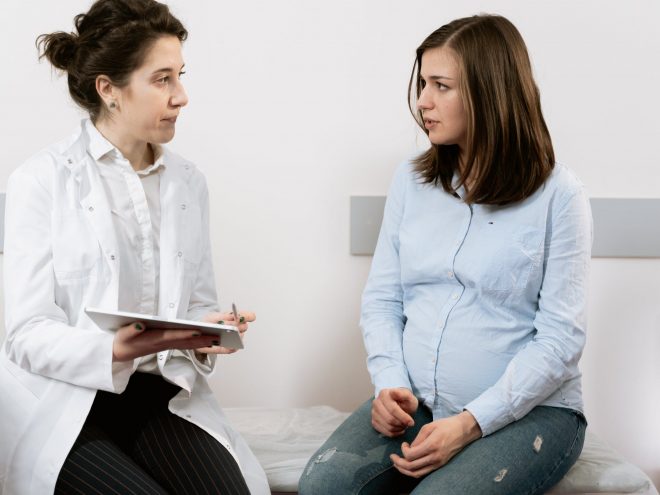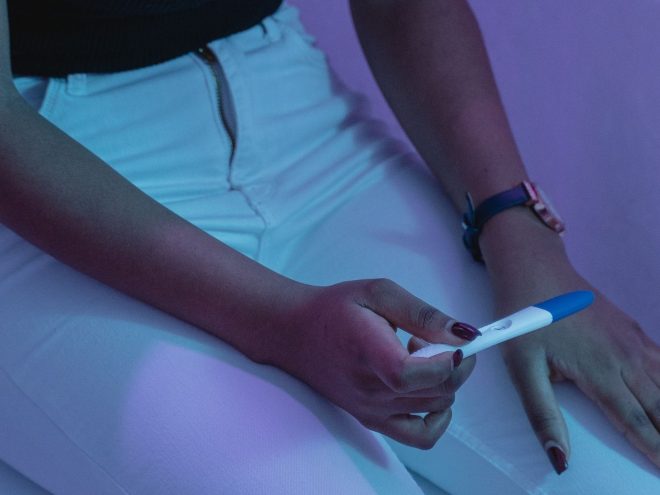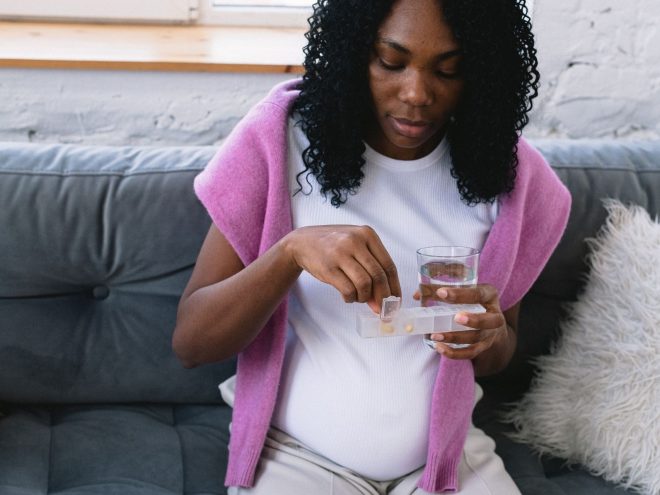Pregnancy tests can seem obvious on the surface, but there actually happens to be a lot more that lies beneath. When it comes to things about timing, pregnancy and hormones, there’s a lot to learn. While taking a pregnancy test might seem like a simple task, you might find yourself coming up with questions when you start thinking about the details of it all — or if you run into some unexpected results. Regardless of your reasons for taking a pregnancy test, there’s a lot to learn about them.
Whether you’re ready for another baby anytime now or you’re testing just in case, there are a lot of questions you might find yourself asking about pregnancy tests. From “How soon is too soon to take the test?” all the way to “Can a positive pregnancy test be wrong?” we’ve got the low-down here for you. While, of course, each body and person is unique, and you should always visit your doctor if you have any questions about your personal health, we can help answer your questions about the tests themselves. Here are a few things you might want to know about pregnancy tests.
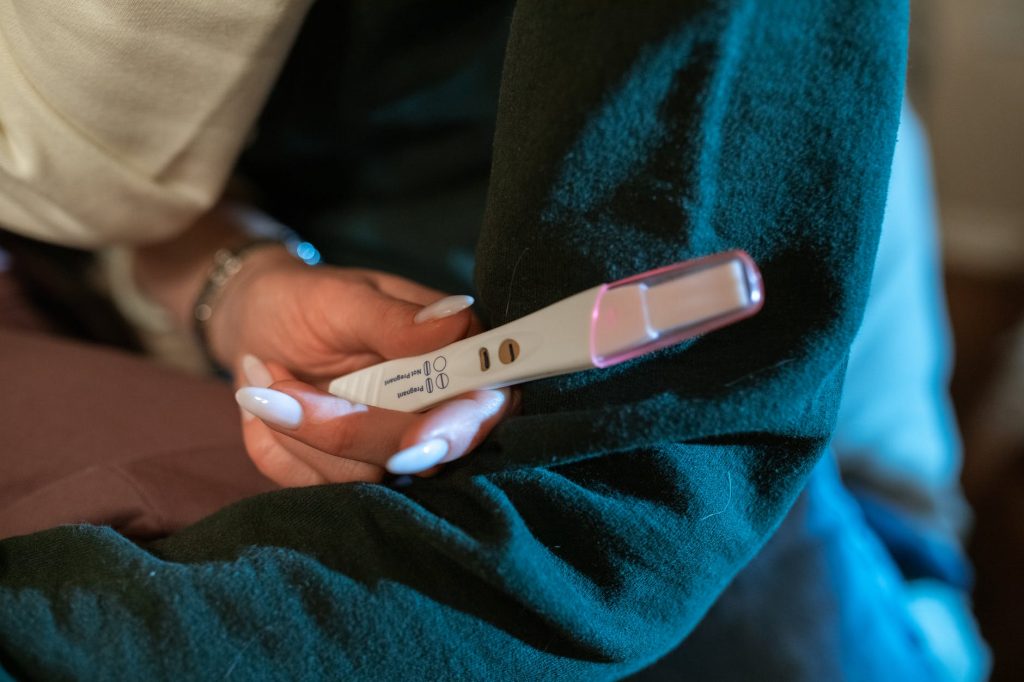
How Early is Too Early?
Whether you’re trying to get pregnant or you’ve recently had a slight mishap, you might be one of those people who is chomping at the bit to take a pregnancy test. While there are different kinds of pregnancy tests that have different requirements, most pregnancy tests work best when taken at least on the first day of your missed period. However, each test is different. There are even some tests that claim to work as soon as eight days after conception. When in doubt, always go by the specific instructions on the test.
How Accurate Are They?
When it comes to actually taking the test, you might be a bit worried about what it will say. While each situation is different and there is room for user error and imperfect use, at-home pregnancy tests work the vast majority of the time — 99 out of 100 times, in fact. It isn’t a game of chance, which means you can trust what you see — even though you still should see a doctor to confirm.
Are They All Accurate?
You’ve probably seen pregnancy tests of all different kinds in all different places. While there are fast-acting tests you can get at the drugstore, there are also basic ones you can get at the dollar store. While there might be an impulse to distrust certain pregnancy tests depending on how they look or where you found them, they actually all work relatively the same way. The drugstore tests, dollar store tests and the free tests from health centers all work just about the same. While of course, you can take multiple tests to be sure, they tend to be trustworthy on the whole.
How to Use One
The instructions will vary depending on the specific test you’re working with, they tend to have pretty similar instructions. While it can be helpful to take a pregnancy test first thing in the morning, you can take one at any time of the day. All you need to do is urinate where the test indicates and wait for the test to develop. Usually, it takes a few minutes, or sometimes just a few seconds. Then, you can read your results and go from there.
Are There False Positives or Negatives?
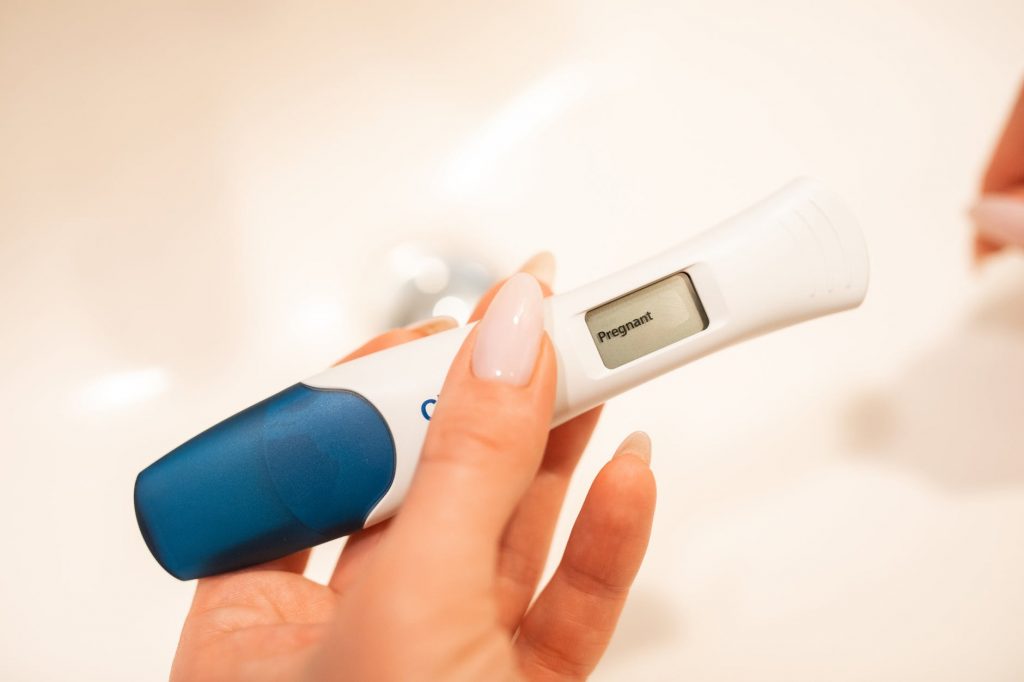
Once you’ve got your results, you might be a bit puzzled by what the test actually says. If you happen to be taking a pregnancy test on the off chance of a fluke — either because you missed your period or you missed a pill. But what happens if you get a result you weren’t expecting? Is it possible to get a false positive or a false negative? While it is incredibly rare to get a false positive or a false negative, it is possible. Specifically, if you have blood or protein in your urine, or if you’ve taken certain medications, you can turn up in a false positive. Conversely, you can also get a false negative test for a number of reasons. Regardless, it’s important to go see a doctor if you encounter anything out of the ordinary.
There’s No Substitute for a Doctor
While at-home pregnancy tests are great for letting you know if you should go to the doctor, it’s highly important to actually go to the doctor, especially if you have a positive result or you think you may have a false result. Doctors are the only way to confirm if you’re actually pregnant — usually with a blood test — so make sure you don’t skip out on it.
Pregnancy Tests
Taking a pregnancy test can have many moving parts, but as long as you follow the instructions and follow up with your doctor if anything out of the ordinary happens, you’ve got your bases covered.

